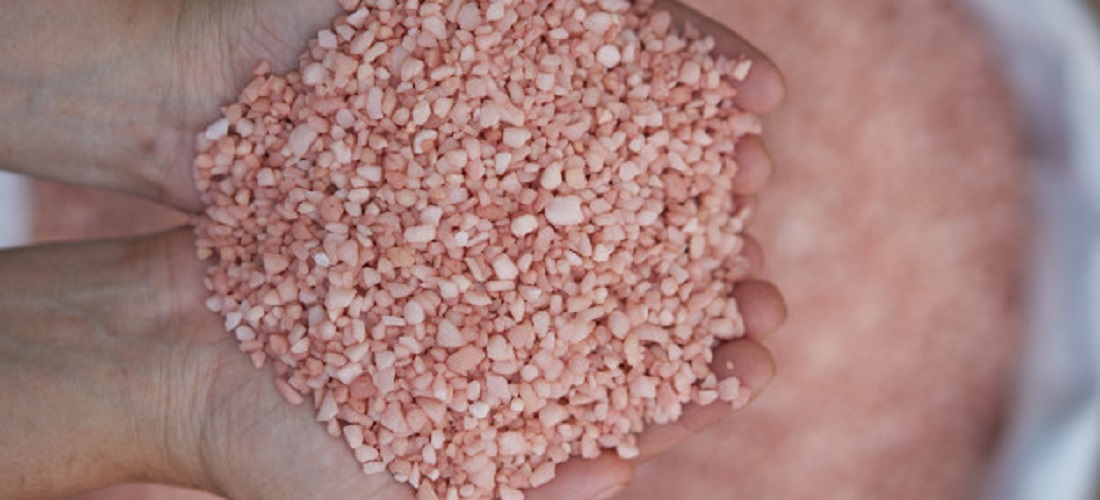
Potash prices triple and reach all-time high
Mar, 23, 2022 Posted by Gabriel MalheirosWeek 202212
The rise in potash prices is testing the market’s boundaries. As the primary input used as fertilizer, potash saw its price more than triple this month compared to its cost a year ago.
The product, which used to be traded at US$ 300 a tonne at the beginning of 2021, is currently quoted at US$ 1,100. The tendency is for potash prices only to go up given the uncertainty regarding the war between Russia and Ukraine.
Potassium is one of the three essential chemical fertilizers employed in large-scale agricultural production. Next to nitrogen and phosphorus, the chemical extracted from the rock subsoil makes up the combination of elements known as NPK, used in soybean, coffee, corn, wheat, rice, sugar cane crops, and fruits well.
Considering potash as part of NPK, Brazil currently imports 85% of its consumption of these fertilizers. Considering potash alone, Brazil’s dependence on foreign sales is 96%.
The biggest hike in the global price of potash recorded to date occurred between 2008 and 2009 when the US bank mortgage crisis spread to the rest of the world economy.
At that time, according to historical data, potash was priced at US$ 700 a tonne. The exchange rate, however, was around R$ 2.20. Today, the price is quoted at R$ 1,100, with a dollar worth R$ 5.
No forecast
The government, suppliers, and farmers are concerned because they have no idea when the situation will be resolved. Potassium extraction is a time-consuming process.
The mines where potassium is extracted are generally located at a depth that ranges from 600 to 800 meters. However, merely reaching these depths is not enough. It is necessary to open tunnels through which large machines circulate. Sometimes even trucks are employed in these operations, meaning heavy investments and several months – even years – of work.
With a fertilizer stock that may only last three months, Brazil is trying to avoid a shortage of input.
Companies
Maicon Cossa, commercial VP of Yara Brazil, said that the company has done everything in its power to guarantee the supply of the input. Brazil is the company’s largest individual consumer on the planet and accounts for 20% of all of its production, currently sold in more than 150 countries.
“We are investing in increasing production. However, we can only guarantee maximum efficiency at our production sites in the short term,” said Cossa. “Thera are many uncertainties about the course of the war. What Yara is attempting to do is minimize the effects of the conflict in Brazil.”
In addition to bringing potash manufacturing to the country, which is concentrated in countries like Norway and the Netherlands, Yara has production plants in Rio Grande and Cubatão in Brazil. However, domestic production accounts for only 20% of everything the company sells on the national market.
Mosaic Fertilizantes reported that it “regrets what is happening at the international level” and “is attentive to the impacts on both the national and international fertilizer market, carefully analyzing it to find ways to best meet their demands.” Potassium has average participation in agricultural production costs ranging between 30% and 40%, depending on region and plantation.
Source: Canal Rural
To read the full original article, please go to:
https://www.canalrural.com.br/noticias/economia/preco-do-potassio/
-
Ports and Terminals
Jun, 15, 2023
0
São Francisco do Sul Port sets new cargo throughput records
-
Grains
Aug, 11, 2022
0
Rice exports from Brazil reach new highs in July
-
Environment
Sep, 03, 2024
0
Amazon river levels fall due to lack of rain, hurting navigation
-
Ports and Terminals
May, 31, 2023
0
Brazil feds dismantle fraud scheme in tax inspections at Port of Suape


